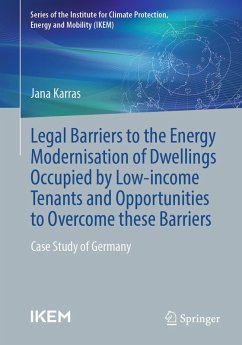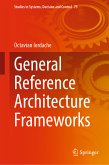This book explores the legal barriers to energy modernisation in Germany's residential building sector, especially when low-income tenants are involved. It also examines potential solutions to the landlord-tenant dilemma and how they may be applied within the German legal framework. The concept of energy poverty in Germany and Sweden is explored, and how these countries address it (or don't) within their legal frameworks. The reader can explore the landlord-tenant dilemma and the hurdles faced when trying to invest in energy modernization, with a special focus on low-income tenants. This book takes an in-depth look at the legal landscape, exploring both EU policies and national regulations. Sweden's experience, especially its use of municipal green bonds to finance energy transition projects, offers a valuable lesson for Germany. Drawing on comparative insights from Sweden, which has made strides in addressing similar issues, the book aims to identify transferable legal strategies to facilitate energy transition in the rental housing market.
Audience
- Polycymakers, Legal Professionals, Advocates for Social and Climate Justice
- Environmentalists, Housing Authorities
- Researchers, Academics
Content
Methodology - Current state of research in defined area from energy efficiency point of view - EU regulative framework - Country reports and their comparative analysis - Possible solutions - Description of results
About the author
Jana Karras specialises in German and Ukrainian law, international climate policy and climate finance. She has experience in international research and consultancy projects on developing and overseeing capacity building and knowledge sharing activities.
Dieser Download kann aus rechtlichen Gründen nur mit Rechnungsadresse in A, B, BG, CY, CZ, D, DK, EW, E, FIN, F, GR, HR, H, IRL, I, LT, L, LR, M, NL, PL, P, R, S, SLO, SK ausgeliefert werden.









